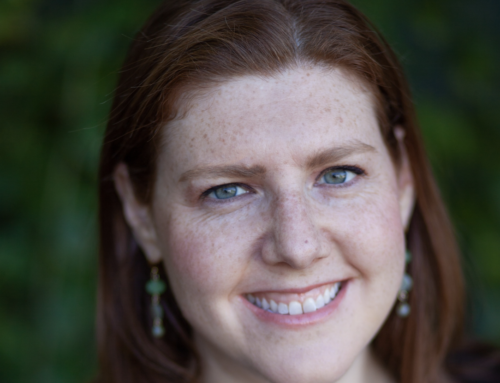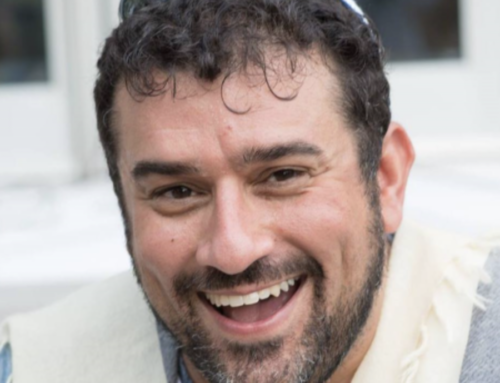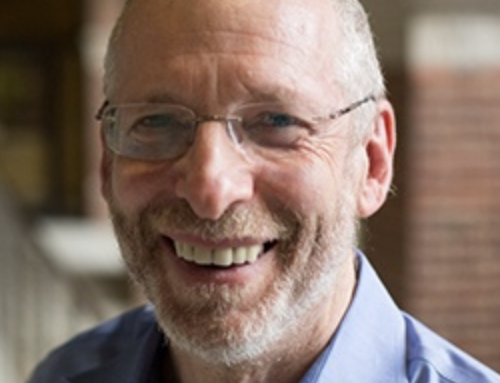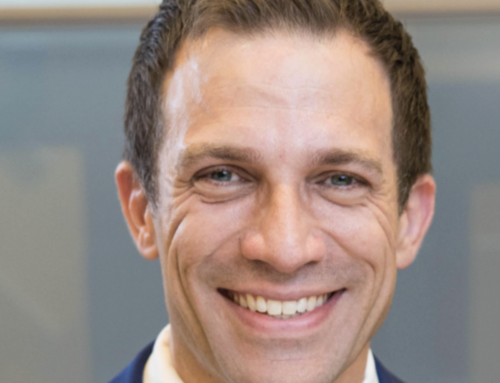Two Jews are disagreeing, and they take their case to their rabbi for adjudication. The first one presents their point of view, and the rabbi nods sagely: “Yes, you are correct.” The second one does the same, and again the rabbi agrees: “Yes, you also are correct.” Outraged, a bystander calls out: “They can’t both be correct!”
The rabbi nods. “You are correct as well.”
To be a Jew is to abide paradox. We are a paradoxical people—adherents to a religion that is genetic, or possibly an ethnicity that accepts converts. We adhere to an oral Torah that was simultaneously handed in full to Moses on Sinai and crafted by generations of rabbis. In the Ten Commandments, God tells us in one voice to both keep and observe the Sabbath. God is both good and all-powerful, and yet evil exists.
Bringing the modern world into it does not reduce the complexity. As moderns, we measure the age of the Earth as simultaneously 5782 years and 4.5 billion years. We are at once formed from clay and evolved from fish. We contain a soul that powers our being but cannot be measured by any instrument.
In pursuit of philosophical purity, some people have rejected one side or the other of these paradoxes. But it’s a consistency that rejects true and useful things.
What if we didn’t rectify the paradox? What if when we speak about God’s power, God is all-powerful; when we speak about God’s goodness, God is good; when we speak about evil, it exists? What if when we are learning Torah the world is 5782 years old and when we are learning geology it is 4.5 billion years old?
There are many ways to find meaning and, paradoxically, they may all be correct.





